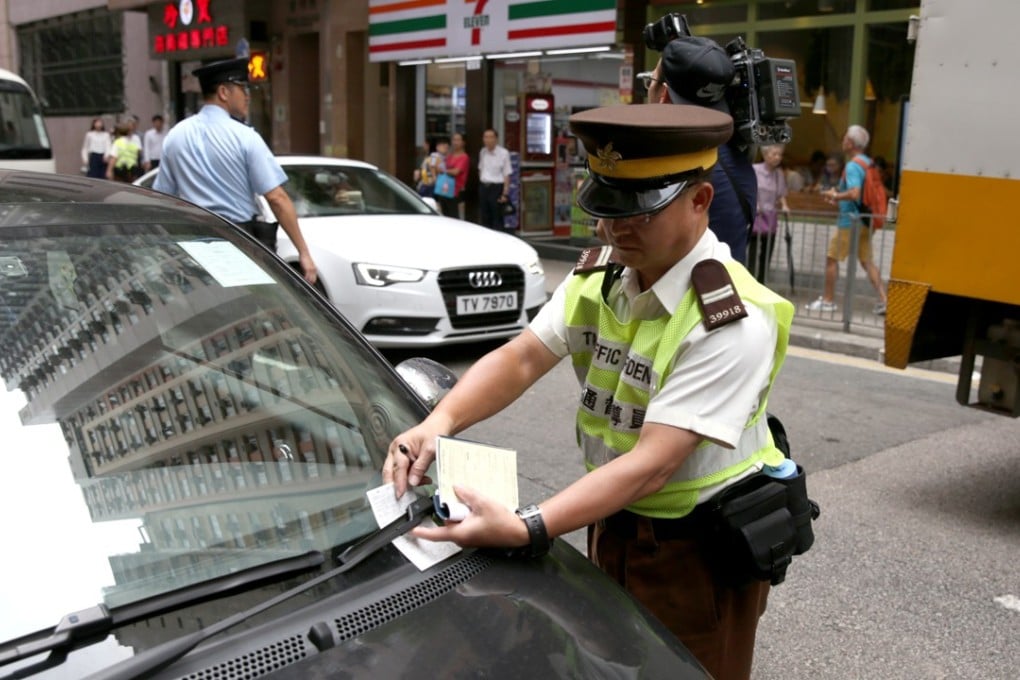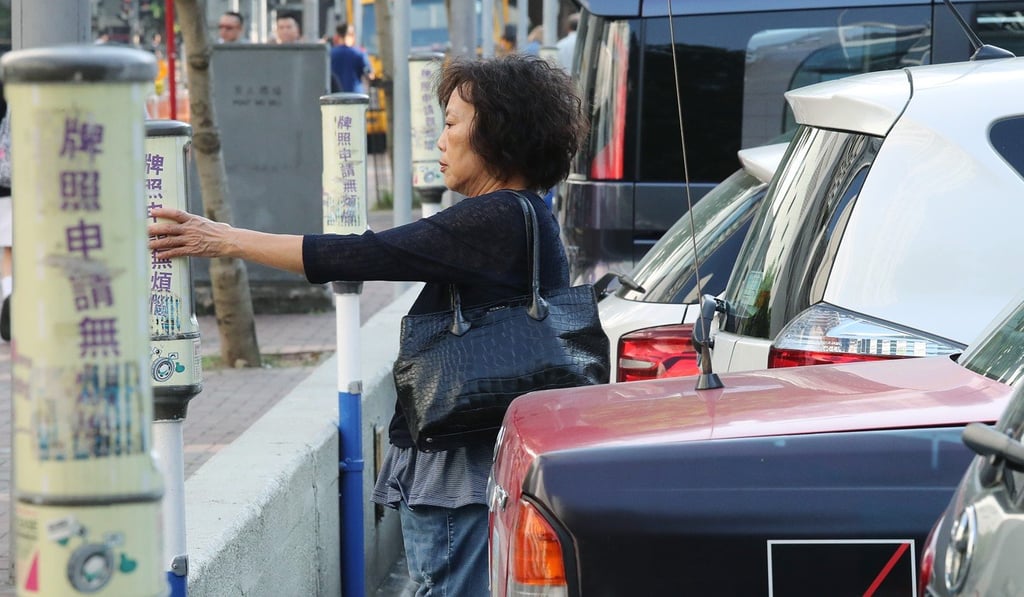Hong Kong: why are parking spaces gold, while parking is so cheap?
Ridiculously underpriced on-street metered parking subsidises motorists and helps foster the grey market of ‘valet parking’

In a city where apartments not much bigger than a car parking space sell for more than US$350,000, one hour of parking on the street sells for just over 99 US cents per hour.
Interspaced between Hong Kong’s towering apartment blocks and office buildings, where more than half of the city’s 7 million residents live, on-street parking meters have languished, their hourly rates unchanged for 23 years.
For a city where real estate prices have soared like Bitcoin, surging to become the world’s least affordable and defying successive government measures designed to cool the market, these metered parking rates have been marching to their own drummer.
Demand is not a problem, as the 550,000 licensed private vehicles easily exceed the number of on-street car parks available.
According to activist investor David Webb, Hong Kong has become a parking meter oddity more by indifference than design. The city’s local parliament, or Legco, is the only body with the statutory power to raise the metered parking rates – and for more than two decades it has shied away from being more proactive on issues ranging from parking rates to illegal parking as well as the fines to punish those who break the rules, he says.

“It is ridiculously underpriced relative to the alternatives,” said Webb, who questioned why the government is content to offer below-market parking rates to drivers.